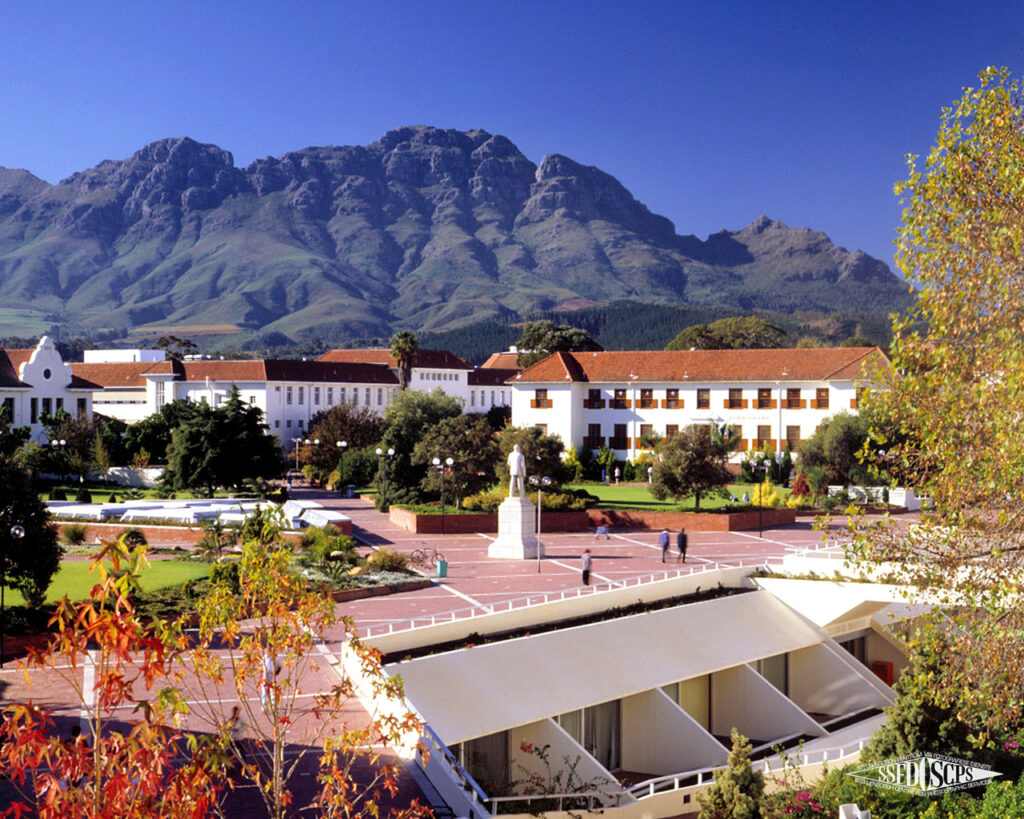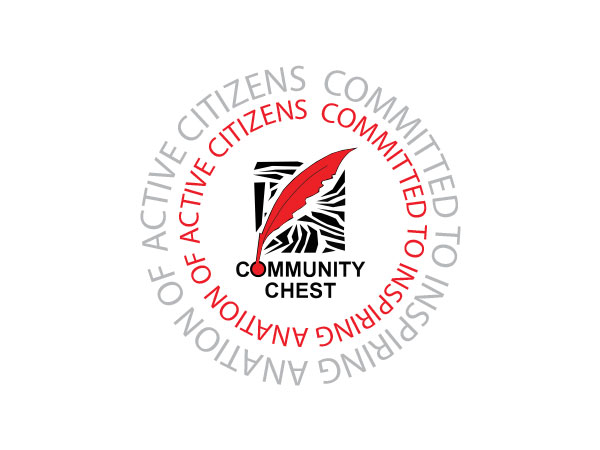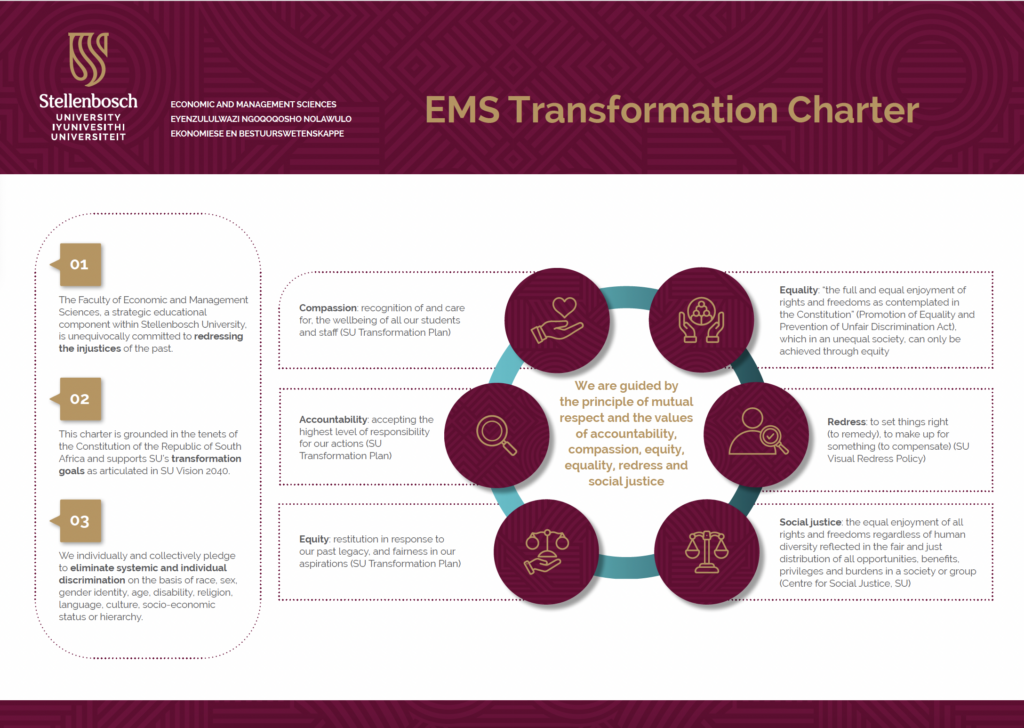About us

Tackling every aspect of the HIV/Aids pandemic
The HIV/Aids pandemic has had a devastating effect in many countries over several decades. South Africa and Sub-Saharan Africa have had the highest incidence across the world and have therefore been most affected by HIV and Aids. The Africa Centre enrolled its first cohort of students for the Postgraduate Diploma in HIV/Aids Management (PgDip in HIV/Aids Management) in 2001, making it the first programme of its kind in the world. Apart from its postgraduate programmes, the Africa Centre partners with local, national and international institutions to undertake research on a range of issues around HIV/Aids and the world of work. The Africa Centre also engages in community outreach programmes.
Goals and purposes
The Africa Centre believes academic institutions must play a creative and active role in nourishing social, political and economic transformation. We structure this role on three pillars: academic programmes, research and community engagement. Considering these pillars, the Africa Centre aims to:
- Build knowledge and infrastructure in order to maintain the highest possible standards in the education, research, and service rendering on HIV/Aids in the workplace by offering postgraduate educational programmes on the management of HIV/Aids in the workplace (which can be also offered in collaboration with other institutions and with the support of external funding),
- Conduct research with respect to HIV/Aids in the workplace, as well as publish the results in peer-reviewed journals,
- Develop and implement community projects relating to the management of HIV/Aids in the workplace,
- Make available knowledge and expertise in the area of HIV/Aids in the workplace to interested people and organisations, and
- Control and manage external funds earmarked for the Centre to improve its teaching, research and service-rendering capabilities
Apart from the dedicated permanent staff, the Centre collaborates with specialists in various sectors, from both inside and outside Stellenbosch University. Every person involved with the work of the Africa Centre has a true passion for being proactive about HIV/Aids and bringing hope to a nation severely affected by the disease.

Community collaborative partnerships for social impact
The Community Chest envisions a world where all individuals and families achieve their human potential through access to world-class education, social and economic justice, income progress, and access to a healthy lifestyle.
We believe in investing financial resources and training in the development of ACTIVE CITIZENSHIP across all sectors of society.
EMS faculty’s transformation charter
The EMS faculty is proud to share its transformation charter, focused on building an inclusive and welcoming space. Please click on the link to also see the Afrikaans and isiXhosa versions.


